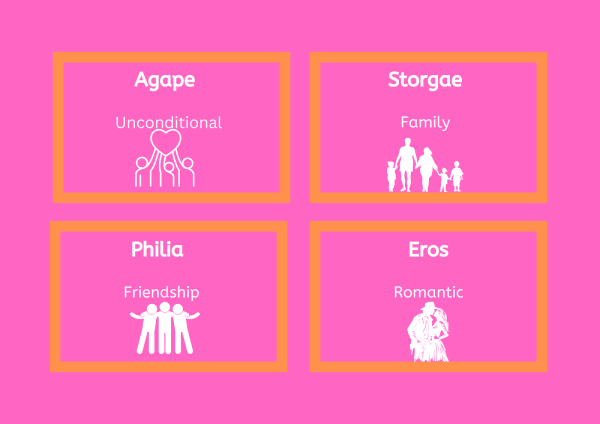Our Editorial: Put your vote where your mouth is
Photo credit: Lindsey Ramsdell
February 28, 2017
It’s been 24 days since President Donald Trump was sworn into office. And we’re 629 days away from the midterm election in 2018, where we’ll vote for a new governor and senator, as well as other representatives.
Know your rights.
You have the right to vote if you’re over 18, and many of us will be by the midterm election.
Both Democrats and Republicans have taken part in rallies and marches that exemplify their beliefs since the inauguration. Last month, the Women’s Marches, which were held in more than 600 cities in all 50 states, brought approximately 4.2 million people to the streets on Saturday, Jan. 21. Just this past saturday, there were both pro-choice and pro-life rallies in Downtown Detroit.
The sheer volume of people in attendance at these events shows the impact of civil participation. Millions of people have set a precedent for peacefully displaying support for their social values.
Peacefully protesting is guaranteed under the First Amendment. Emphasis on “peaceful.”
Some demonstrations defied the idea of the protests. CBS reported over 217 protesters were arrested in the post-inauguration riots in Washington, D.C. Although the majority of protesters were peaceful, the other 200-plus demonstrators were the focus of news outlets, and gave the protests a bad image. According to The Hill, similar property destructions occured in 2008 after President Obama was elected.
That action is unconstitutional. The First Amendment gives us our right the free speech. Talking and tweeting is OK. Violence is not.
A social media protest against the confirmation of President Trump’s nominee for Secretary of Education, Betsy DeVos, gained momentum after it reached the Senate floor. As a result, senators who opposed Betsy Devos’ confirmation scrambled to persuade moderate Republicans.
This prompted others, especially young Americans, to share their opinions on the internet—something that most teens are already familiar with doing.
Sites like Twitter housed many of these contrasting ideas, which lead to social media “protests.” Although it’s a citizen’s lawful right to voice his or her opinion, hate speech is excluded. Nonetheless, many social media users persist with inappropriate language. These social media protests are a new breed of activism that has reached a much wider audience than ever before. Methods of mobilization are growing and engaging users from all walks of life.
It’s obvious that America is divided and that might not change, but our rights shouldn’t change either. We have the right to vote, but we don’t have the right to be violent nor vulgar. Even though half the country didn’t receive the results they expected on Nov. 7, it is essential that peace is maintained.
Instead of spreading hateful messages and spurring violent protests, Americans should find common ground and take their emotions into the voting booth. The anger—or glee—felt by impassioned citizens should be used to prepare for the 2018 election.
At the end of the day, it is really all about whether or not you participated. Exercise your rights. Put your vote where your mouth is.













